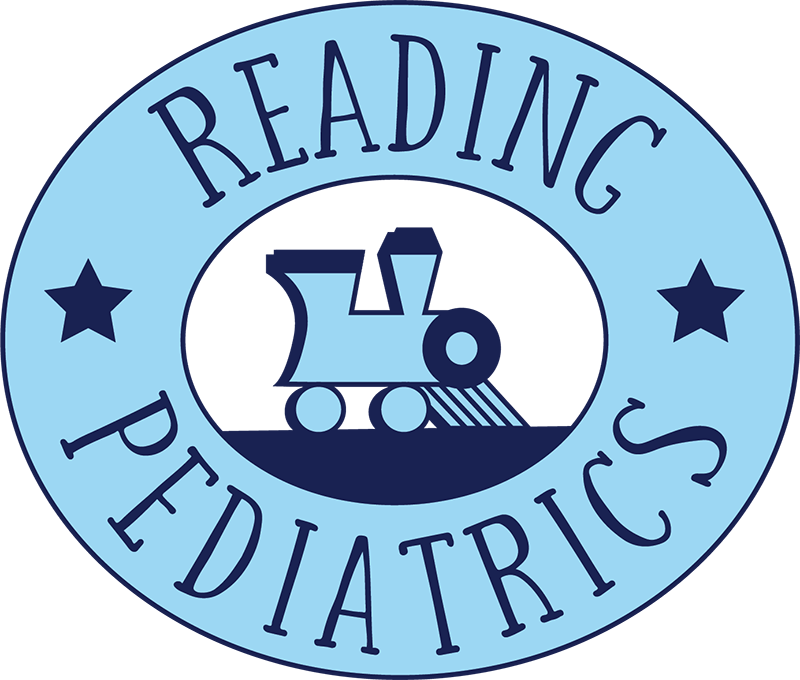Other Services
ADHD/ADD Evaluations
Learn MoreOur trained professional staff will do the initial evaluation if you think your child is having problems with focusing and attention. We also continue to treat your child after the initial diagnosis has been made.
Adoption Consultations
Reading Pedaitrics offer consultation regarding foreign adoptions. Please call our office for more information.
Asthma Care
Learn MoreOur practice provides a comprehensive asthma and allergy management program for our patients. Our pediatricians are trained in the diagnosis and management of childhood asthma and allergies.
Chronic Care Management
Learn MoreIf your child has a disability or a chronic illness, your journey may feel like the road less traveled. You probably have interactions with many different professionals and specialists. You need information, assistance, understanding, and support.
Laboratory Services
Laboratory services including anemia testing, bilirubin (jaundice) testing, urinalyses, and fungal cultures.
When appropriate we perform rapid strep and rapid flu tests.
We are no longer performing rapid Covid tests since these are readily available over the counter at any pharmacy.
Lactation Consultation
Learn MoreBreastfeeding provides essential nutrition for infants birth to one year and older. As with learning anything new, most breastfeeding mothers and babies (and dads too!) need some instruction and support during this learning period.
Newborn Care
Learn MoreWe like to begin your newborn care in the hospital and continue as an integral part of the comprehensive care provided by our professional team!
Nutrition
Learn MoreAn online guide on topics that deal with nutrition for infants and children.
Prescription Refill
Learn MoreAt your convenience, we kindly request that you give our office a call for any prescription refill needs you may have. Our team is dedicated to providing outstanding patient care and ensuring that your medications are readily available when you need them.
Prescription refills should also be requested via the patient portal
Special Health Care Needs
Learn MoreMedical Home Initiative with a “Star” program for children with special health care needs.
Sports Physicals
Learn MoreRegular physicals are an important part of preventative pediatric care. Getting your child an sports physical gives the doctor the opportunity to examine your child, evaluate their health and fitness, and determine whether or not they are prepared for sports or school activities.
